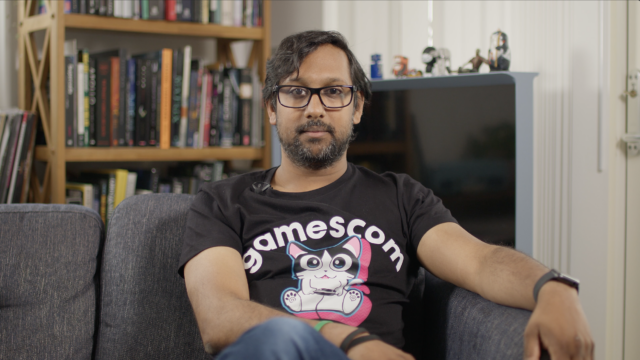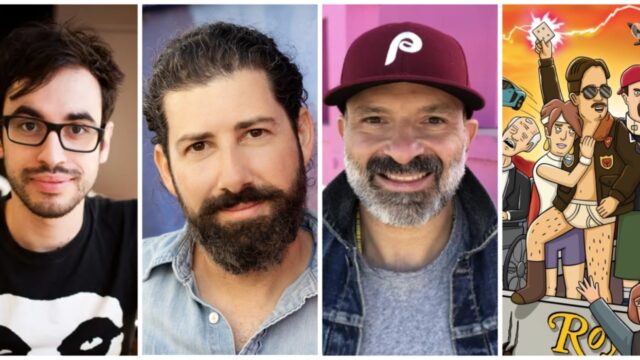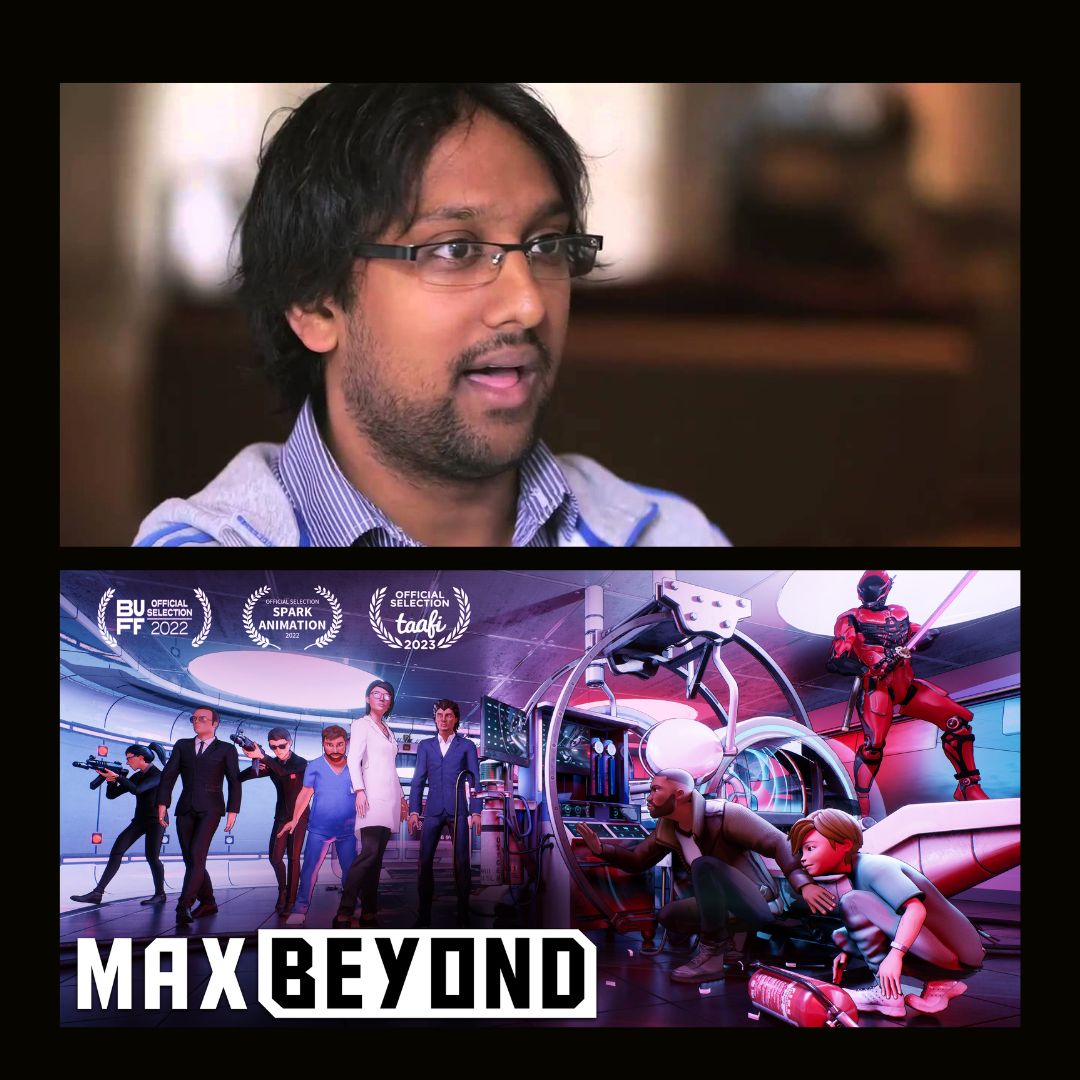Exclusive: Batman: Death in the Family’s Interview
Batman: Death in the Family
In 1988, over ten thousand Batman fans ringed up DC Comics to decide on whether or not Jason Todd, the Caped Crusader’s kidnapped sidekick, would escape the Joker’s kiss of death in the final issue of the now-infamous storyline Batman: A Death in the Family. The ordeal proved to be one of the earliest examples of interactive storytelling executed on a mass-scale.
Twenty-two years later, DC has decided to revisit this iconic story with Batman: Death in the Family, and in an exclusive interview held at this year’s Zoom-based New York Comic-Con event, writer Brandon Vietti alongside actors Bruce Greenwood (Batman), Vincent Martella (Todd) and Zehra Fazal (Talia), talk about their experience adapting it to a different medium while staying true to its original, revolutionary format.
Judging solely from the promotional material DC has posted online, it may seem as though Death in the Family is little more than a cheap afterthought to 2010’s critically-acclaimed Under the Red Hood. Luckily, this will not be the case. “There is a lot of new stuff,” Vietti was quick to say at the Con, promising fans that his interactive film will take the story to “different places” than we have seen it go before.
Like many modern-day Batman titles, it will also be jam-packed with references to the character’s rich and lengthy lore, from the age of Tim Burton to the days of Christopher Nolan. “I want people to dig in,” Vietti said, “and look forward to going on forums to see what people are picking up.” The writer added that he hoped these Easter eggs would provide the film with some useful rewatch value.
Great, but let’s address the elephant in the room already. Interactive stories are, as the lukewarm reception of Netflix’s Black Mirror: Bandersnatch as well as the entire history of Telltale Games, difficult to pull off. This is not just because they contain way more scenes—and are therefore more expensive to shoot—than your average picture, but also because their construction tends to be somewhat unstable.
See, as a screenwriter, you want to be able to able to control your story, to nudge your audience along a pre-designed path, and by giving the viewer the freedom to go their own way, they risk making the story less effective than it could have been had they remained in charge. When I asked Brandon Vietti how he balanced these concepts of freedom and control, his answer was rather simple:
“I wasn’t focusing so much on the audience as I was on the character,” he explained.
“I wanted the decisions to be rooted in strong, life-changing events, where they are not ‘yes’ or ‘no,’ but much deeper. You’ll have to think about them, and see that sometimes your choices might not always lead to where you want them to go.” In other words, “the story had to surpass the gimmick.”
Vietti is not the only member of the production who has got to work on numerous Batman stories over the course of their career, as the voice cast is just as familiar with the mythos in their own right. When asked by Geek Generation how his portrayal of the character has changed over the years, Greenwood stated, “I realize now that I can do more with less,” meaning viewers can expect a calmer, but no less menacing Dark Knight.
Another thing that helped Greenwood get into the roll was the fact that, unlike most actors who join a Batman production, he was completely ignorant of the history of this beloved franchise. You’d think this lack of knowledge would hurt his acting, but Greenwood begs to differ: unaware of the many stellar performances that preceded him, he was able to do his own thing without feeling the need to surpass or imitate anybody else.
Radiating a genuine passion project, Fazal promises to deliver a Talia that is much more than the mere love interest stock character other iterations have made her out to be. When asked about her experience working as a voice actor, Fazal said she “gravitated towards animation is that it awards you the freedom of playing outside what you’d be cast as on camera…it’s the ultimate freedom as an actor.”























Hi Ashley, thank you so much for reading and we love the feedback. Note that on that day we had 14th posts go up and only ten posts show on the front page, so it's possible the preview had already been archived by the time you got to it. One recommendation would be to add our RSS feed to your favorite news aggregator service like Feedly, this way you get all of the latest posts!